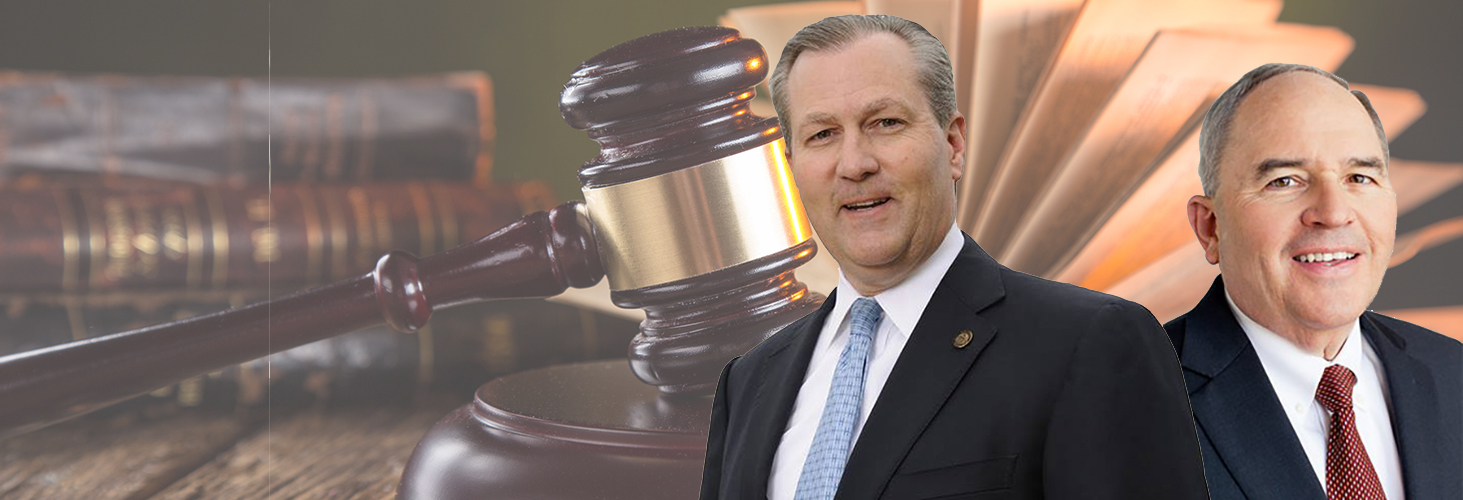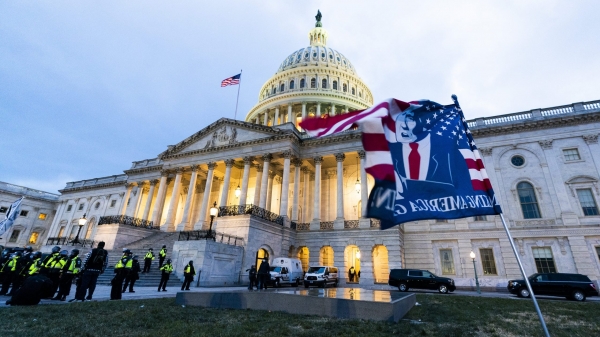By Bill Britt
Alabama Political Reporter
MONTGOMERY—Defense lawyers in the House Speaker Mike Hubbard felony criminal case have argued for over a year that discovery material provided by the prosecution was inadequate, under the law. However, a Special Master, which they approved, has found that the material supplied to Hubbard by the prosecution on April 30, 2015, complied with Alabama’s Rules of Criminal Procedure, and the federal standard under Brady.
In her report, made public by the court on Dec. 7, Special Master Allison O. Skinner also found that Hubbard’s criminal lawyers have not yet loaded the material into the necessary program to search the documents, despite being readily available for nine months.
In her response to the court, Skinner stated, “By Hubbard’s counsel’s own admission, they (counsel) have handled multiple voluminous e-discovery cases using an outside vendor for their review platform. However, in this case, Hubbard has elected not to load the April 30th production into a review platform.” Skinner further notes, “As of the November hearing, Hubbard had not loaded the production into an e-discovery review platform, nor has Hubbard advised the Special Master whether it has subsequently elected to use a review tool.”
Hubbard’s lawyers admitted they had used such technology in the past, but continued to press the State, rather than began the process. Hubbard’s legal team advised the Special Master that they had received a quote from a company that provides e-discovery software but failed to act in processing the data. This has been seen as a delay tactic that could call for a continuance in the case. In fact, Hubbard’s attorney, Lance Bell, filed an objection to the Special Masters findings the day before J. Mark White and the firm of White Arnold and Dowd were allowed to withdraw from the case.
E-discovery, as explained by the company Complete Discover Source (CDS), is a process where, “Potentially relevant data is collected and then extracted, indexed and placed into a database. At this point, data is analyzed to cull or segregate the clearly non-relevant documents and e-mails. The data is then hosted in a secure environment and made accessible to reviewers who code the documents for their relevance to the legal matter.”
Here, court records show Hubbard’s team never attempted to used the material, which according to the Special Master, was properly supplied by the State.
This revelation combined with the sudden exit of Hubbard’s lead attorney, White, raises critical questions as to the seriousnesses of Hubbard’s efforts to ready for trial, and point, once again, to a continuing pattern to delay the criminal proceedings.
In conclusion, the Special Master found, “the State’s April 30, 2015 production is presumptively searchable… I recommend that the State should not be compelled to take further action regarding its Rule 16.1 production efforts.”





















































